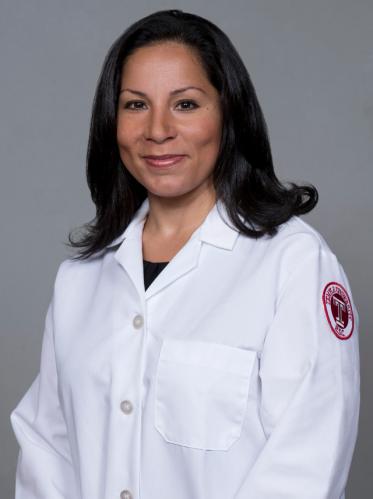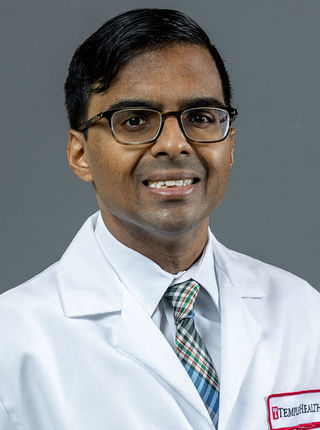CHAT RECAP: Temple Health - Living with Heart Failure Q&A
Heart failure is challenging for patients and their caregivers to live with, especially as it worsens. A person's heart failure is classified by how far the disease has progressed. By the time a person reaches advanced heart failure, everyday activities tend to cause fatigue and breathing troubles. Patients with heart failure often go to the hospital when they are experiencing a noticeable increase in symptoms. Those changes are a sign that their heart has already sustained new or worsening damage.
Closely monitoring a patient's heart function and addressing problems before they become more serious can help those individuals stay out of the hospital and remain healthier for longer. While heart failure can't be cured in most people, there is some hopeful news: New technologies are allowing people with advanced heart failure to enjoy a better quality of life.
In this chat, we will discuss how Temple helps patients gain back their quality of life through diagnosis and treatment of advanced heart failure. We will talk about the various treatment options for patients as well as support for patients and families.

Eman A. Hamad, MD
Director, Advanced Heart Failure & Transplant Program, Temple University Hospital
Director, Cardio-Oncology Program, Temple University Hospital
Medical Director, Mechanical Circulatory Support Program, Temple University Hospital
Associate Professor, Medicine, Lewis Katz School of Medicine at Temple University
Eman Hamad, MD is Director of the Advanced Heart Failure and Transplant Program, Director of the Cardio-Oncology Program, and Medical Director of the Mechanical Circulatory Support Program at Temple University Hospital.

Jamael Hoosain, MD
Assistant Professor, Medicine, Lewis Katz School of Medicine at Temple University
Jamael Hoosain, MD is an Assistant Professor of Medicine at the Lewis Katz School of Medicine at Temple University and a member of the Advanced Heart Failure team at Temple.

